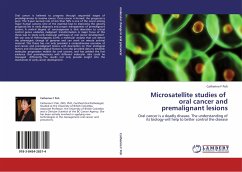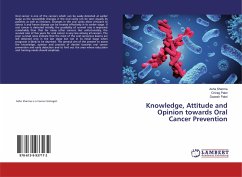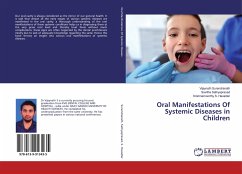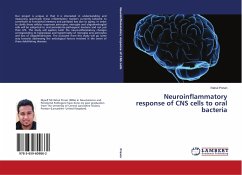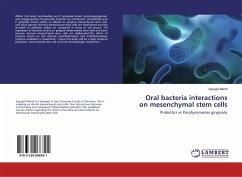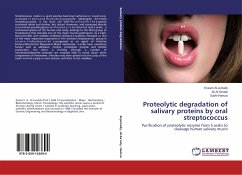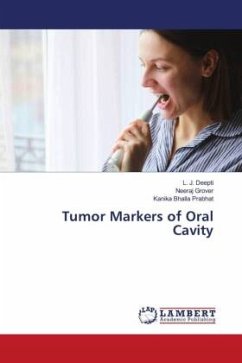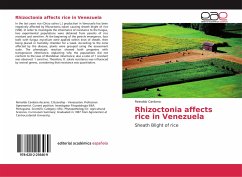Oral cancer is believed to progress through sequential stages of premalignancies to invasive cancer. Once cancer is formed, the prognosis is poor. The 5-year survival rate of less than 50% is one of the worst among major human cancers. One of the essential keys to improving this gloomy prognosis lies in early diagnosis and proper management of premalignant lesions. A central dogma of carcinogenesis is that alteration to critical control genes underlies malignant transformation. A major focus of this thesis was to study early molecular pathways of oral cancer development. We use Loss of Heterozygosity (LOH), a molecular analysis that can detect the phenotypic change of genome and can work on minute archival material. This thesis has not only provided a comprehensive overview of oral cancer and premalignant lesions with description on their etiological factors and clinicopathological features, but also provided data to establish molecular progression models for oral cancers, and has yielded the first evidence that premalignancies with different molecular risks could be managed differently. The results not only provide insight into the mechanism of early cancer development.
Bitte wählen Sie Ihr Anliegen aus.
Rechnungen
Retourenschein anfordern
Bestellstatus
Storno

